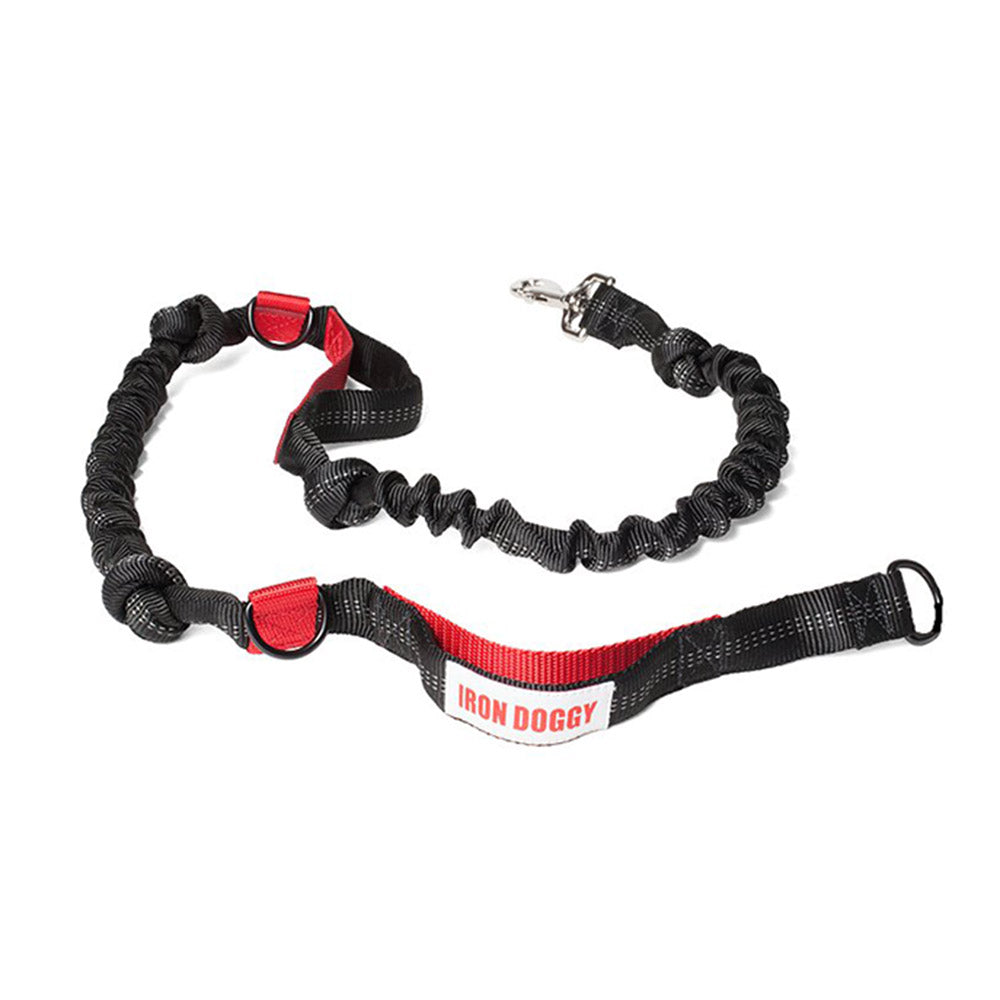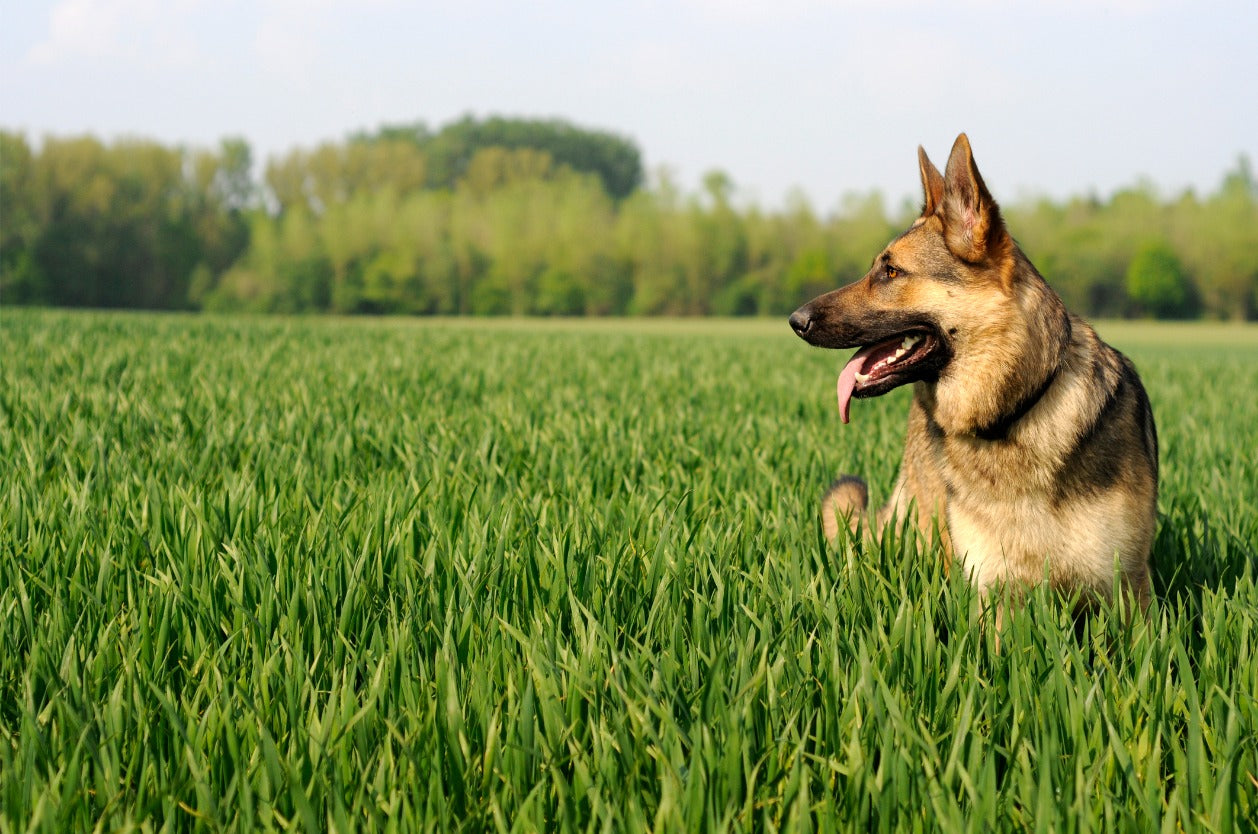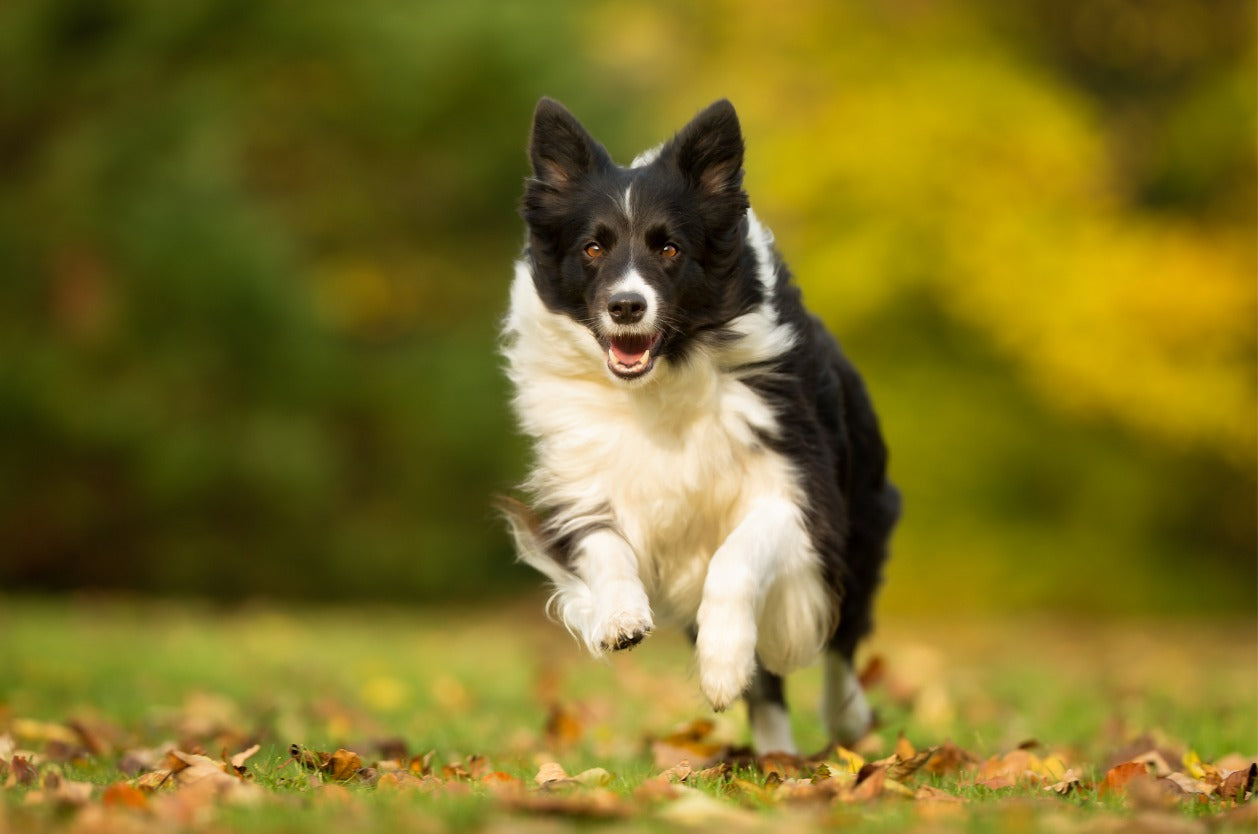
We know a lot about our pets, and we learn more every day. One thing you have probably wondered about is how much sleep is your canine friend really supposed to receive every night?
Lots of Naps
Dogs get most of their rest in a series of naps, rather than in one long stretch, overnight the way that we do. Naps are even more prevalent when dogs are younger or older because dogs in these age ranges require more sleep.
It’s not uncommon for dogs to doze during the day when they aren’t being stimulated. If you call your dog when they’re napping, and they perk up immediately, it might be a good time to play with them or take them for a walk.
Breed and Age Changes
Young puppies have two settings - playing hard and sleeping hard. It’s totally normal for a puppy to be going at full speed, then lay down to take a short nap, then wake up at full speed again.
As they get a little bit older, their energy levels should even out a little bit, and they are likely to sleep between 12 and 14 hours per day on a typical day. When your dog becomes a senior, they are more likely to sleep between 18 and 19 hours a day. If you have a larger breed dog, they are also more prone to sleep longer than smaller dogs.
What you should watch for is any sudden change in behavior. A lack of energy and enthusiasm and trouble sleeping is a widespread indicator of a variety of issues. Our pets can’t talk to us and tell us what’s wrong, so we have to work with their body language the best we possibly can.
Habits to Watch Out For
Circling and Digging
While it is typically normal for a dog to circle around a few times and paw at their bed a little before settling down, it can also be a sign of pain if there’s too much of it. It could also mean that the dog bed they are sleeping in isn’t comfortable for them to sleep in. If your dog is suddenly having issues getting settled, it could be a sign of an injury, arthritis, or nerve damage. It's probably best to talk to your vet.
Twitching
When a dog is sleeping, twitching and having running dreams is not uncommon. Wagging tails, twitching paws, and grunts are pretty standard during REM sleep while they act out their dreams.
However, it can also be a sign of a seizure. If your dog’s twitching becomes excessive, and they don't wake up when you call or feel stiff, it could be a seizure, and you should seek medical attention immediately.
Behavior Changes
Behavior changes like the ones mentioned above can be caused by any change in your pet’s life, from a change in food or a move to a new home. Keep an eye on your pet’s behavior and talk to your vet if you see anything that concerns you that doesn’t cease quickly. It may seem obvious, but before you and your pup head out for a long run, be sure you are both well-rested!






